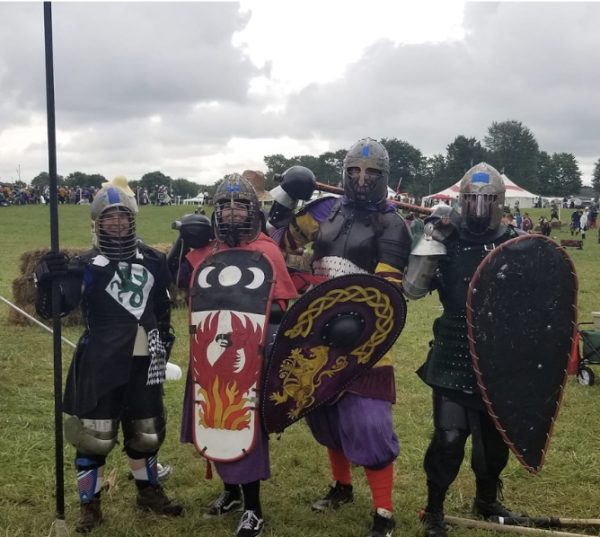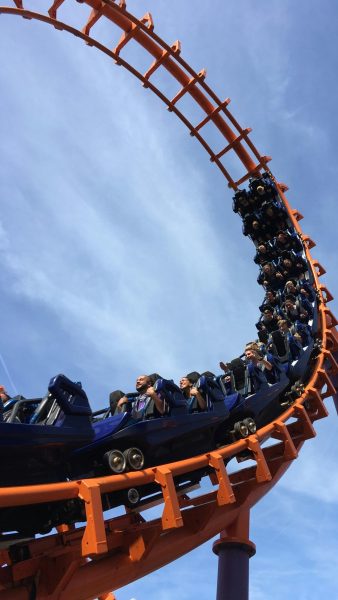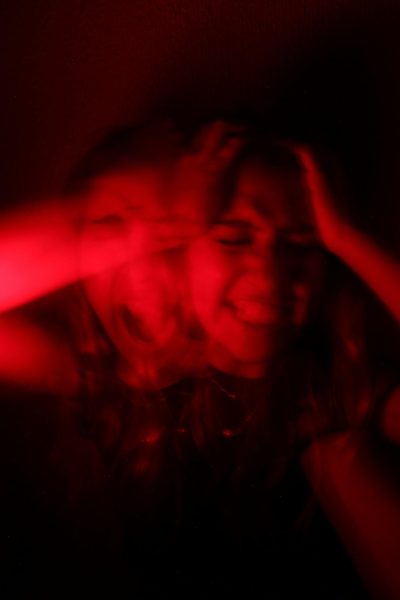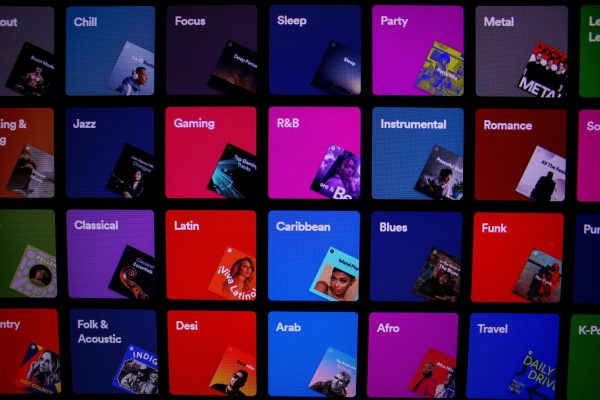Julius’ College Essay
I’m falling into a black hole. Time and space stretch around me as the floor opens up, leaving me in freefall… until I put the book down and the world rematerializes. Once again, I feel the shag carpet against my bare skin and hear the gentle whir of the air conditioning. But I know I will never be the same.
Earlier that day, my grandfather had bought me Pop-Up Facts: Space during a mind-blowing trip to the planetarium. Flipping the thick cardboard pages, I learned that in six billion years, the Sun will explode, collapsing under its own gravity and transforming into a white dwarf.
For months afterward, I lay awake worrying about this. Does every star have an end? Does the universe have an end? What’s the point of anything if the universe is hurtling toward its inevitable demise? These questions terrified me. It was hard to fall asleep when the end of everything I ever knew was a mere 6 billion years away.
My parents must have noticed the bags under my eyes because they scheduled an appointment with my pediatrician. When I explained the problem to Dr. Brown, he listened and began to laugh. “What you are suffering from,” he concluded, “is an existential crisis! A little early, I might add.”
How could he laugh when this was so serious? And what was an existential crisis anyway? Eventually, I learned to compartmentalize. But the big questions of the universe have never truly left my mind.
Now, nine years later, I have had plenty of perspective-shifting moments. In fact, I actively seek them out. I have found them in the intellectual world of physics. Like when I relived my childhood sleeplessness as I delved into quantum mechanics and its implications for a probabilistic universe or when I grappled with the concept of infinity while studying how many springs coupled together can model the wave concept we see everywhere in nature. Now, instead of fearing the thoughts that fill my mind when I go to bed, I look forward to lying awake contemplating the sometimes strange but always beautiful rules that govern our universe.
Last summer, my never-ending quest to have my mind blown took me to Colorado, where I faced my childhood fears and wonders head-on. Much to my astonishment, I became one of the scientists trying to answer the question of how exactly the world will end. I spent six weeks operating a research-grade telescope, performing calculations, and writing code to investigate whether one of the 26,115 asteroids that pass close to our planet will be responsible for our demise long before the Sun even thinks about blowing up. Luckily, after running days of simulations on a supercomputer and writing a 33-page research paper, our team calculated the probability of asteroid 1993 MO hitting Earth to be a reassuring 0%.
My experience allowed me to explore the big ideas that fascinated me while doing meaningful (and potentially earth-saving!) work. At the same time, I found a community of peers who were just as excited to spend sleepless nights considering the end of the world as I was. My new friends challenged and supported me in equal measure, and solutions to problems often only revealed themselves through the intersection of our diverse approaches and perspectives. My time working with them taught me to love the day-to-day collaboration at the heart of research.
Close to the end of the program, a teaching assistant gave a lecture called, “The Beginning and End of the Universe.” She began dramatically by saying, “Everyone in this room should be prepared to have an existential crisis.” But this prospect no longer scared me. In fact, it did the opposite. After all, if the Sun is going to explode in six billion years, why not occupy the time I have left immersed in the ideas that excite me the most?









Isabel Urban • Feb 16, 2023 at 8:53 AM
Julius this was probably the best essay I’ve ever read. I love the storytelling aspect to your writing, and it kept me engaged the entire time! 🙂